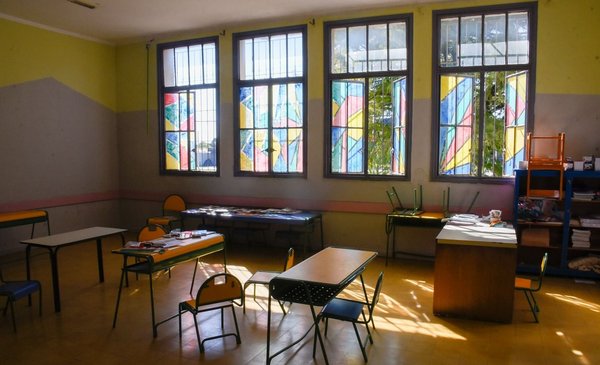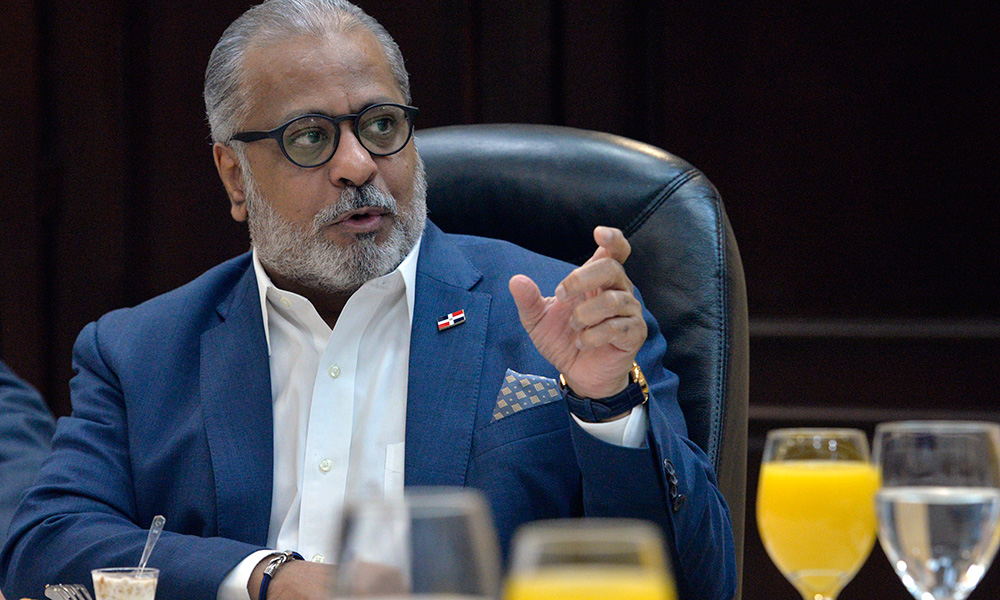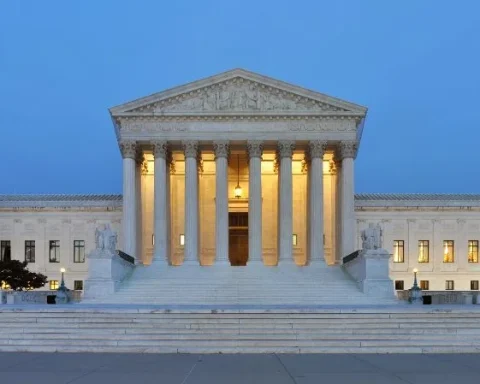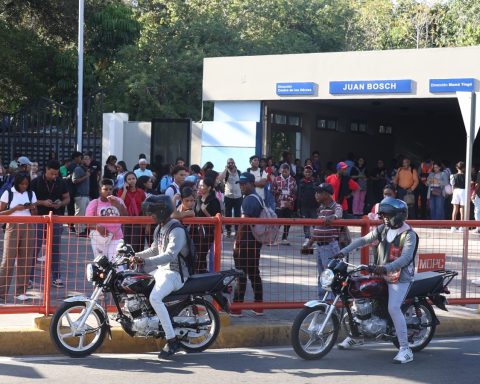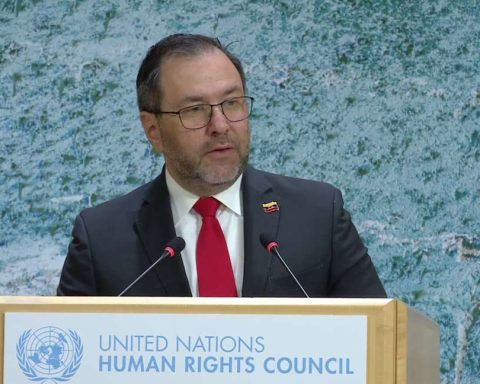It was one of the most extensive blocks in the original text, then in the one that was finally approved and also in the selection of contested articles. The educationwhich mobilizes thousands of people and appears as an unfinished topic of discussion every time an electoral campaign arrives, was also one of the central axes of the discussion for the next referendum.
The Uruguayans will have to define the future of 135 articles next weekend and 34 of that total will have to do with classrooms and blackboards. Many have to do with changes in the general education law approved under the presidency of Tabaré Vázquez in 2008, others with new provisions and one with general repeals.
Education will be, together with housing, the thematic block where more provisions will be at stakeand although a good proportion of the section meant changes of a terminological or conceptual nature, others implied transformations in the structures and competences of the teaching organisms.
The matter was installed from the beginning, even when the heat of the vote was far from the horizon and the Electoral Court had just confirmed that it would be necessary to go to the polls some weekend in March.
The first letters on the table outlined that the law privatized public education, but before the darts of the ruling party and the self-criticism of the opposition, the debate was turning and focused.
There was talk of compulsory nature and autonomy, that the LUC was regressive in educational matters and also that it was the basis for larger reforms. But in the center and in substance was the discussion on an issue that drew the fierce defense of the members of the coalition and the most furious criticism of the Broad Front and social organizations: changes in governance.
single person addresses
With criticism for the attack on collective governments in education, on the one hand, and the justification that greater agility was necessary, on the other, one of the most significant changes brought by the LUC had to do with the elimination of the Education Councils that represented, prior to the LUC, each education subsystem.
Before, both Primary, Secondary and Professional Technical were directed by a collegiate body that was made up of a director and a political adviser, as well as a third member directly elected by the teachers. However, the flagship law of the Luis Lacalle Pou administration replaced the decentralized with a single-person general directorate in each subsystem and dependent on the Central Board of Directors (Codicen), following a scheme similar to that of other autonomous entities.
At each level, the course of education was then led by a single director, appointed directly by the Codicen, in addition to a deputy director, eliminating the members elected by the teachers at this level of education.
The main objective of the ruling party was to give greater autonomy and dynamism in educational decisions by concentrating the discussions in a single area, and eliminating back and forth. Under the new system and although with a voice, but without voting power, the general directors of the subsystems make up the Codicen, which according to the ruling party also favors fluidity, the decision-making capacity of the collegiate of the National Administration of Public Education (ANEP ) and its leading role.
Minister Pablo Da Silveira said that the triumph of the repeal would mark the return “of a regime that concentrates pedagogical decisions and resources, which no longer exists in the world since the fall of the Soviet Union.”
But despite the vainglory of the executive, the education unions and the opposition consider that this structural modification meant a deterioration of the exchange between educators and education authorities. And it is that, with the elimination of the decentralized, the teachers lost a space of representation, although they still have two other members that make up the Codicen and are elected directly by the teachers and professors.
The issue of teacher representativeness has been in vogue behind the scenes and discussions about what the ruling party understands was an excessive power of the unions in educational decisions. However, for the National Federation of Secondary Education Teachers (Fenapes) the changes in governance mean “centralization” and “partisan political control of the education system with a business vision.” “It’s a deep setback,” they said last year.
Agility and transformations
The idea has been repeated ad nauseam. For the government, the LUC is just the foundation stone for launching a series of more ambitious reforms in education. The poor results that the different education indicators have been sowing for years have marked this “urgent”, “urgent” and “necessary” course.
The government of education headed by the Codicen is understood to be a fundamental part of this process and the long-awaited agility is claimed as a necessity in this process. But almost halfway through the management period, and although the changes in governance have been made for more than a year, The ruling party has not yet been able to make great strides towards the long-awaited educational transformation.
ANEP sources recognized The Observer that among the educational authorities there is “concern” about the degree of progress of the reform and fear that the final implementation will not arrive on time, that is, for the end of this period of government. “It is an ambitious reform,” they assured.
The roadmap indicates that this year the new programs must be discussed and approved to begin their gradual implementation from 2023, while other more specific and focused actions are also carried out.
However, the Codicen has not yet discussed the general guidelines that, once approved, must be studied in turn by the Technical Teaching Assemblies (ATD) and that will provide the framework for the new study plans.
